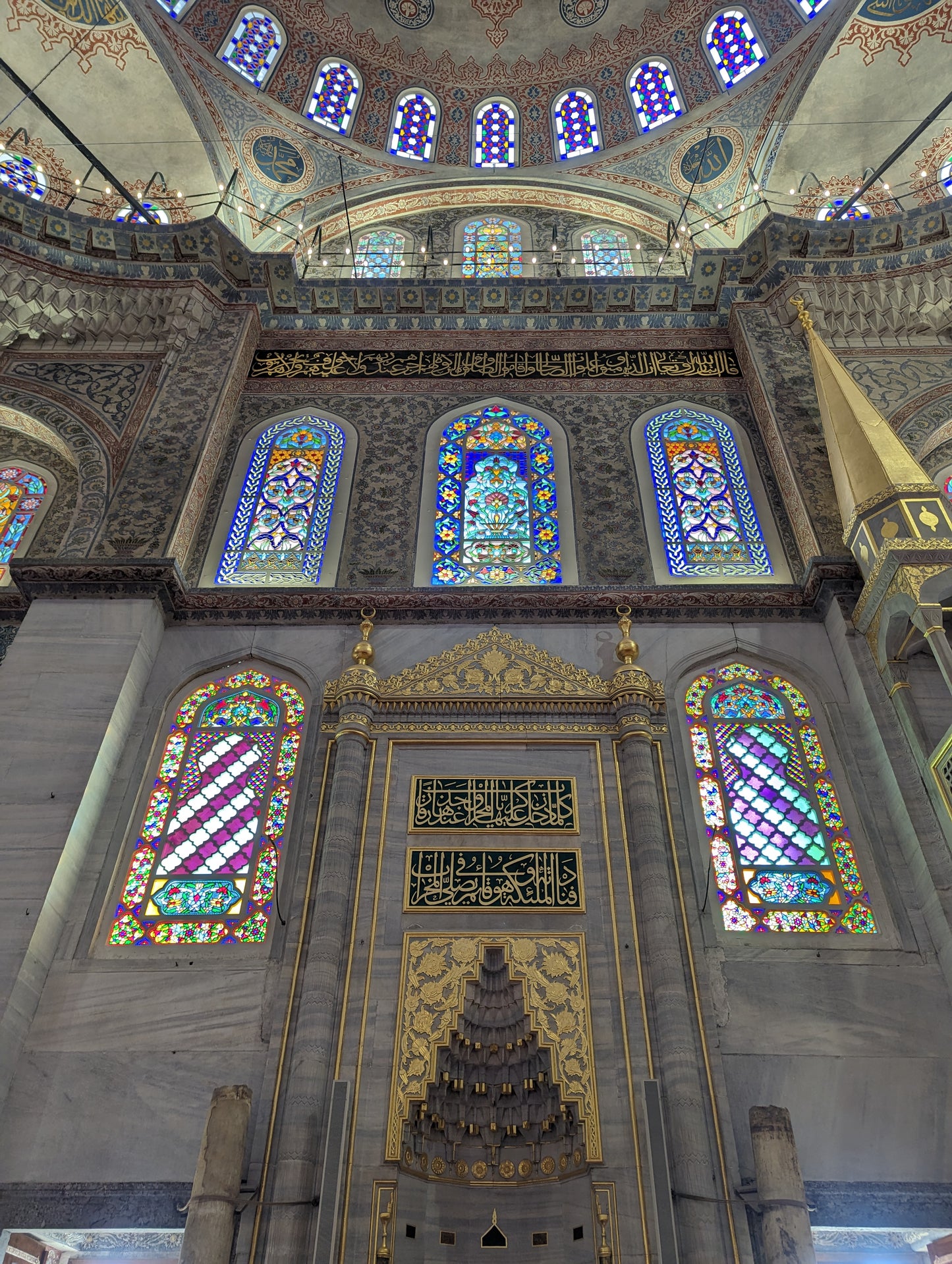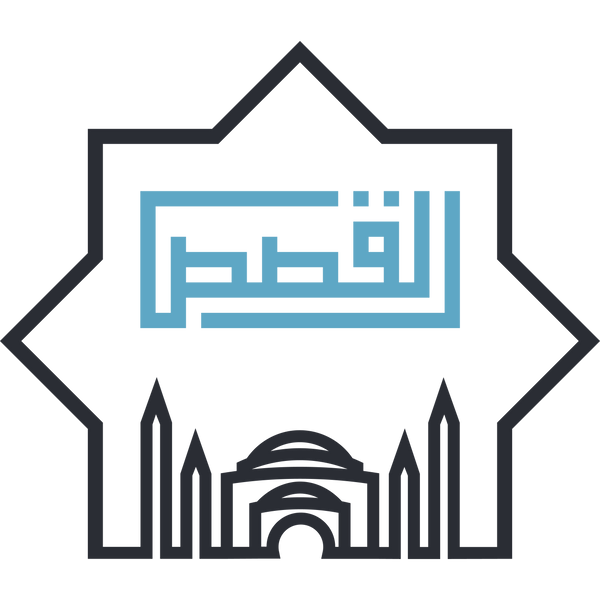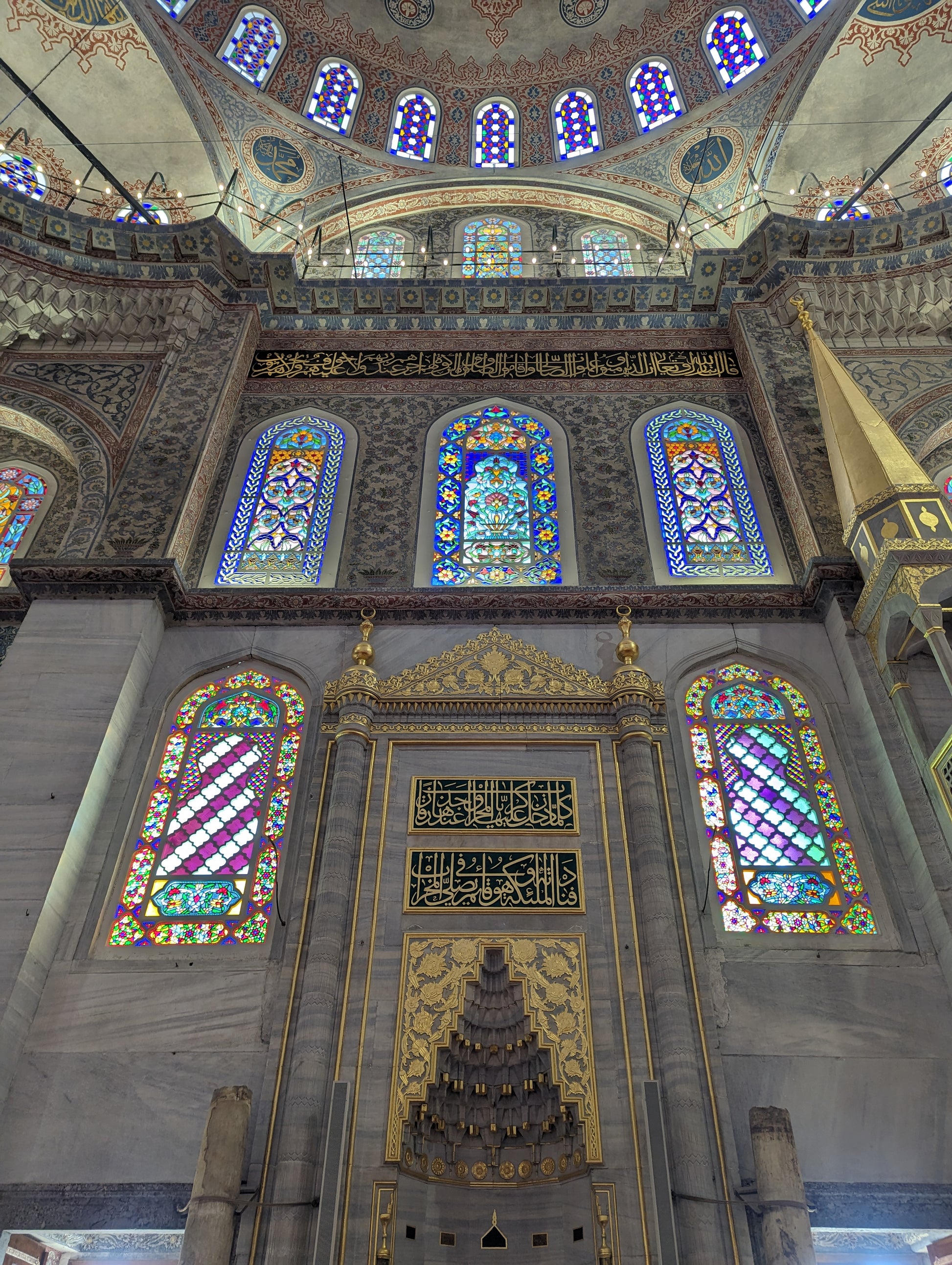Islamic Political Thought
Islamic Political Thought
Couldn't load pickup availability
Instructor: Dr. Jaan Islam
Date/times:
July 20 - September 7, Sundays 10 AM - 12 PM US Eastern Standard Time
Course level:
Intermediate/Advanced
Course description:
This course offers an eight-week introduction to Islamic political thought in both the premodern and postcolonial Islamic tradition, covering readings in both primary and secondary texts. Islamic political thought, or the theorization of “Islamic politics” (al-siyāsa al-shar’iyya) encompasses various sciences (‘ulūm), including fiqh (jurisprudence) ‘aqīdah (theology) and tafsīr (exegesis).
The first module (4 weeks) covers the premodern tradition, and provides a foundation in the following central concepts:
- Sharī'a and Islamic legislation
- The Caliphate/Imamate in revealed sources and early articulations
- Political jurisprudence (fiqh al-siyāsah) developed in the four schools of law (madhāhib)
- Concepts of Dar al-Islām and Dār al-Kufr
- Political history of the Rashidun, Umayyad, 'Abbasid, Mamluk, and Ottoman eras in the form of context-based approaches to political thought.
The second module covers Islamic political thought over the last 100 years, providing a survey of the major questions asked by theorists and jurists since the fall of the caliphate. We explore how Divine sovereignty transformed with colonialism, capitalism and industrialization, in the form of new challenges to Islamic unity and reviving political jurisprudence (fiqh al-siyāsa).
- State power in Islamic government versus the modern nation-state
- The Islamic economic system compared to capitalism
- Contemporary theories of Islamic government, 1924-2024
- Answering Islamic revisionism and secularism in the field: applying our knowledge from the first module.
Student Learning Outcomes:
The primary objective of this course is to learn the legal and political manifestations of Islam in the light of revelation (Qur’an and Sunnah). In applying these theoretical concepts, we will also explore the depths of the Islamic sciences for historical examples of their interpretation and application by the most predominant Islamic jurists.
As part of its raison d’être, then, this course includes the following auxiliary objectives:
- Gaining a strong grasp the Islamic evidences for divine sovereignty
- The ability to articulate the multifaceted nature of the Sharī’ah, and an understanding of the various concepts which underlie it (e.g., dār al-Islām, khilāfa, ṭāghūt, etc.)
- Gaining a strong grasp of major historical events which led to articulations and applications of ḥākimiyya (e.g., the Crusades, Mongol invasions, colonialism)
- Articulating 20th century theories of Islamic unity and law in a post-caliphate Ummah, including the significance of the caliphate, Sharī‘ah, jihad and related concepts in Islamic theology and jurisprudence
- The ability to understand and refute arguments of Neo-orientalists and modernists
surrounding Islamic political thought
Attendance & Participation:
While this is an online course, students are expected to attend all the lectures and complete any set essays for the course. Attendance is required for at least 75% of the classes, and while attendance registers will not be taken at the start of the classes, a note will be made on who is attending. Absences can disrupt the classes, so please try to attend as much as possible. There is a recording of the class available but it is for a limited time only.
Term essay:
All papers must approximately 1500 words long. While secondary sources must be from an academic publisher (Yale University Press, Oneworld, American University in Cairo Press, International Institute of Islamic Thought, I.B. Taurus, etc. Ask me if you are not sure), primary sources can be academic or university publishing houses. I am at your service and am willing to give you plenty of advice and point you towards many sources and tools.
Course schedule:
|
Islamic Political Thought |
||
| Sundays 10 AM - 12 PM EST (United States Eastern Standard Time) | ||
|
Week 1 |
July 20 |
Introduction to Islamic Political Thought |
|
Week 2 |
July 27 |
Islamic PT interacting with premodern theology (‘aqīda) and legal theory (usūl)
|
|
Week 3 |
August 3 |
Classical Islamic PT in “Fiqh al-Siyāsa” (Divine Ordinances of Government, Political Jurisprudence)
|
|
Week 4 |
August 10 |
Political Jurisprudence Contd.
|
|
Week 5 |
August 17 |
Modernity, Colonialism, and New Islamic Political Thought
|
|
Week 6 |
August 24 |
Islamic Economy between Capitalism and Socialism
|
|
Week 7 |
August 31 |
Hallaqian Critique, Postcolonial IPT, Jihad
|
|
Week 8 |
September 7 |
Conclusion / Review Session
|
|
Week 9 |
September 14 |
Possible makeup session |
No one will be turned away for lack of funds, please send an email to info@alqasas.org
Share


